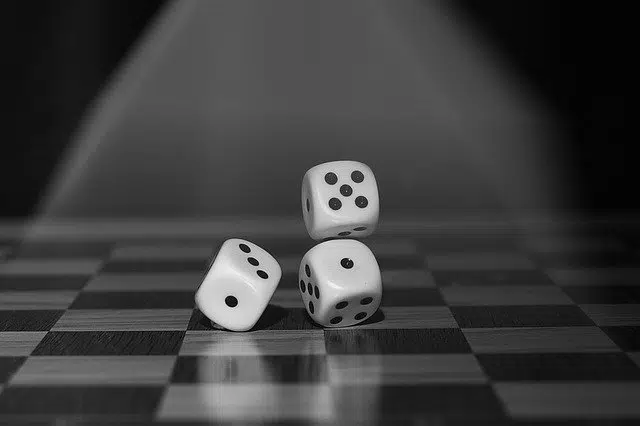
Subjective probability is not based on certainties, but on previous experiences.
Subjective probability is that which is based on individual experience . The person evaluates the possibilities and assigns values according to the previous facts known.
It is possible to link subjective probability to a relative frequency or to a guess . The subject measures the degree of probability according to the likelihood that he or she gives to each possible result.
Lack of certainties
Remember that, in a randomized experiment, it cannot be established with certainty whether a certain event will happen or not in a specific test. The measurement of the probability that the event in question will occur can be assigned a number.
In the case of subjective probability, the estimate of the occurrence of the event is based on intuition or opinion , generally derived from previous experiences . The individual analyzes the information available to them and assigns a probability value to the event according to their level of belief that the event will actually occur.
Frequency probability
A concept that is not far from this is that of frequency probability , since it is not based on scientific data , but rather on the frequency with which the same event is repeated over time as a result of a given experiment. Although they are essentially different, they are often confused, and that is why we will study an example that is only valid as a form of frequency probability.
Let's go to the field of sports, one of the most popular fields in the world. Although professional players have their large groups of fans who adore them and view them with a certain degree of subjectivity, they are still workers who must undergo meticulous scrutiny to study their progress, their weaknesses and their performance on the field. of game. If we want to estimate the probabilities that an athlete will score in the next game, for example, there is no infallible experiment, but we must resort to frequent probability.
To do this, we must study their previous matches, among those that have similar characteristics, and develop a statistic that shows us the frequency with which their shots have been successful. Finally, we add the next match to the graph and, following the trend so far, we risk the answer. If it were subjective probability, an analysis would not be necessary because it would be enough to base it on the admiration that the observer feels for the player: "I think he will score, because he is a genius."
Weather forecast and subjective probability
It is common for someone to resort to subjective probability when referring to the weather forecast . Anyone who is not a meteorologist nor has the ability to interpret scientific information from satellites can rely on their own experience to estimate how likely it is that it will rain in the next few hours. If you say , “I think there is a 90% chance that it will start raining before sunset,” you are appealing to subjective probability.

When a person who is not an expert in meteorology anticipates that it will rain, he resorts to subjective probability.
Subjective probability, in short, is a way of quantifying the probability of an event occurring based on individual weighting factors. This resource can be useful when there is no other way to quantify that is more reliable. In fact, we rely on it throughout our lives to articulate our activities in a more natural and spontaneous way, since it would not be possible to control every event.
Even people who have a marked tendency towards accuracy and precision appeal to subjective probability in their daily lives to estimate a large number of things, beyond the weather. For example, if we have to go shopping on a holiday and we are not sure if the supermarkets will open, before looking for specific information we usually risk an answer based on the reality of previous years.
